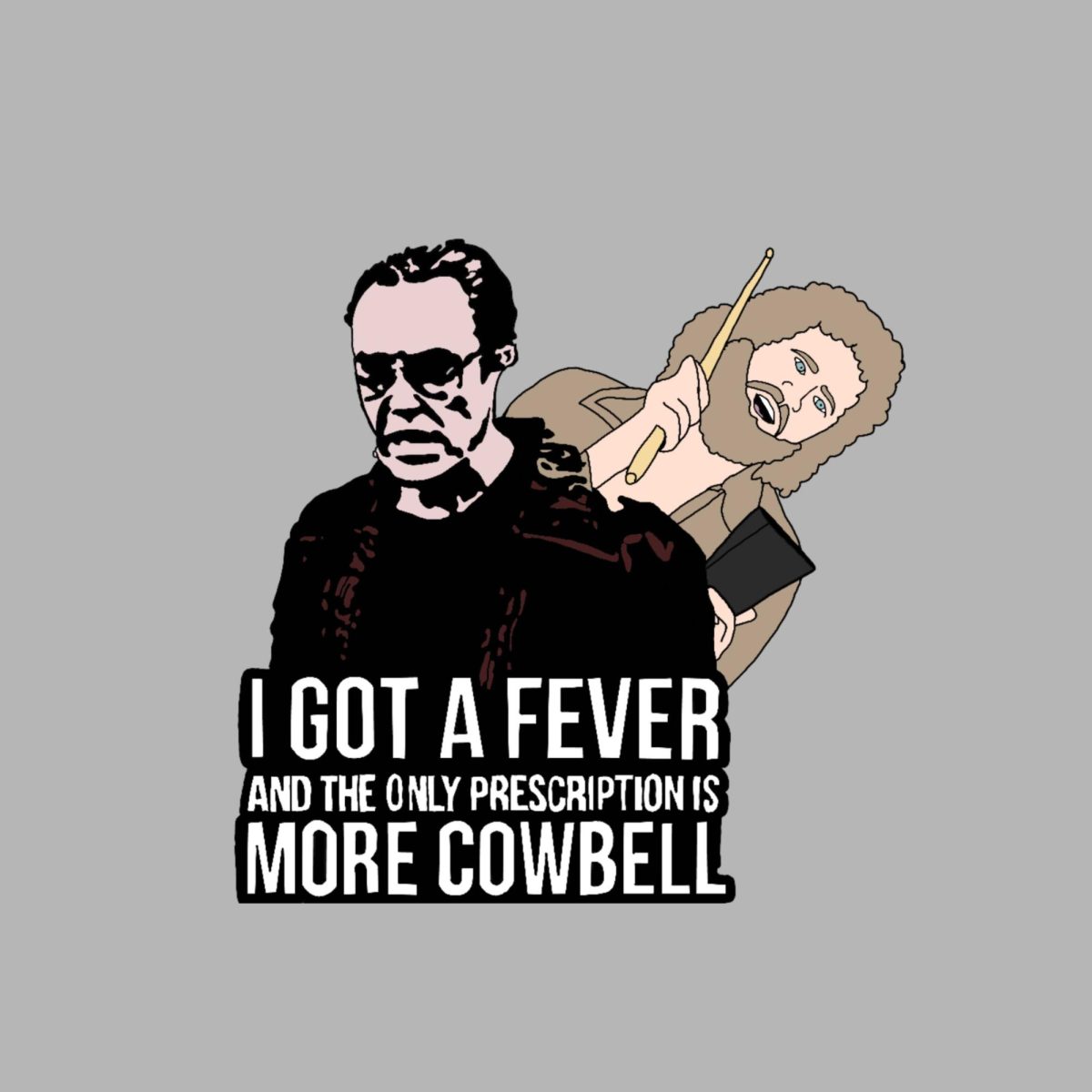Recently, Harper Lee’s Pulitzer-Prize winning novel, “To Kill a Mockingbird,” was removed from the eighth-grade curriculum in Biloxi. The school’s reasoning behind the decision is the book makes some “uncomfortable.”
“Discomfort” is one of the vaguest reasons given for removing the book from a reading list, and while it may be true, some are arguing this is also a reason people should read the book.
“To Kill a Mockingbird” has been banned in many places prior to this, as it has been considered controversial literature since the 1970s. Many people in the past have argued against the language or topics covered in Lee’s novel in order to ban the work.
According to Dominique Mosbergen for the Huffington Post, this book has been so controversial The American Library Association considers it to be ranked 21st in the topmost challenged books of the past decade.
Biloxi removing the novel from their curriculum only adds to the frustration people feel about this book being targeted.
People learn history so they know what to do differently in the future, and because this book blatantly shows some of the racial mistakes of the United States, some want to cover it up.
While some do not want to admit mistakes the country has made, others want to accept these mistakes and improve upon them.
According to Avi Salk for Washington Post, last year, a school district in Virginia eliminated the book entirely, as numerous other schools have done since it was written.
This year, Biloxi’s refusal to keep the book on their reading list is bringing an even bigger protest into action, to the point where even politicians are getting involved. People feel the need to stand up for the book because the schools are getting rid of it for revealing our nation’s unfair history.
The past is not something that can be erased easily, however, and no matter how deep people try to bury it, the truth will always resurface—as it should.
The entire point of making mistakes is so we can learn from them. How are we expected to do so if they are hidden away?
Eighth-graders are competent enough to handle a taste of the past. Knowing all the facts is more important than being oblivious.
The book has been banned many times, most commonly for themes of racism and rape, which have both continuously been important issues throughout this country’s history.
Both issues will not go away unless they are addressed and too many school boards’ solution is to ignore them.
Despite the useful lessons to be learned from “To Kill a Mockingbird,” there are certainly some things readers should be more aware of within the book, which inspired a sequel “Go Set a Watchman.”
According to Becky Little for History, the newer book shows Atticus Finch, the hero in the first novel, in a more negative light, displaying even more accurately what the norm was in that time.
Again, the ignorance readers had toward Atticus in the original book is the reason many dislike the book and this can be easily fixed by teaching the book more thoroughly rather than simply banning it.
Banning this book does nothing to better the society we live in. At best, this results in more controversy, as people form stronger opinions about the banning of books like “To Kill a Mockingbird.”
The issues brought up in the book will not dissolve because people stop talking about them and issues do not simply go away if hidden.
This literary work has been challenged for its content since it was written, which shows how remarkable it is. It is difficult to find the truth in anything because there are so many willing to lie, but at least Harper Lee was not afraid to write the truth.
Categories:
Land of the Free, as long as you read what we allow you to
0
More to Discover

















































































